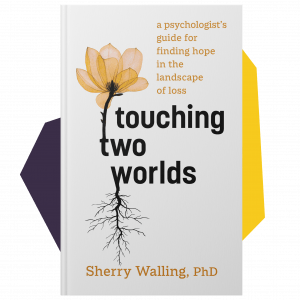Online Sexual Offending
0,00 €
American Psychological Association
| Infos | Pages: 293 |
|---|---|
| Language of origin | |
| Publication date |
This second edition takes a multidisciplinary and practical approach to online sexual offending, providing psychologists and other professionals with the knowledge to understand this issue and the tools to solve it.
Clinical and forensic psychologist Michael C. Seto keeps readers up with this ever-evolving problem as technology advances and presents new risks, particularly for children and adolescents. He reviews updated research on topics like child pornography, sexting and other sexual content generated by minors, online sexual solicitation and trafficking, digital exhibitionism and voyeurism, AI-generated pornography, deepfakes, and virtual sex dolls.
He also describes new and revised tools and guidelines for assessing and treating perpetrators—particularly those committing offenses involving children and adolescents—and preventive measures to help at-risk individuals and to guide parents, minors, and bystanders to protect children and adolescents online.
In addition to empirical research on various types of online sexual offending, Seto explores what drives perpetrators to engage in these behaviors, focusing particularly on the motivation–facilitation model.






